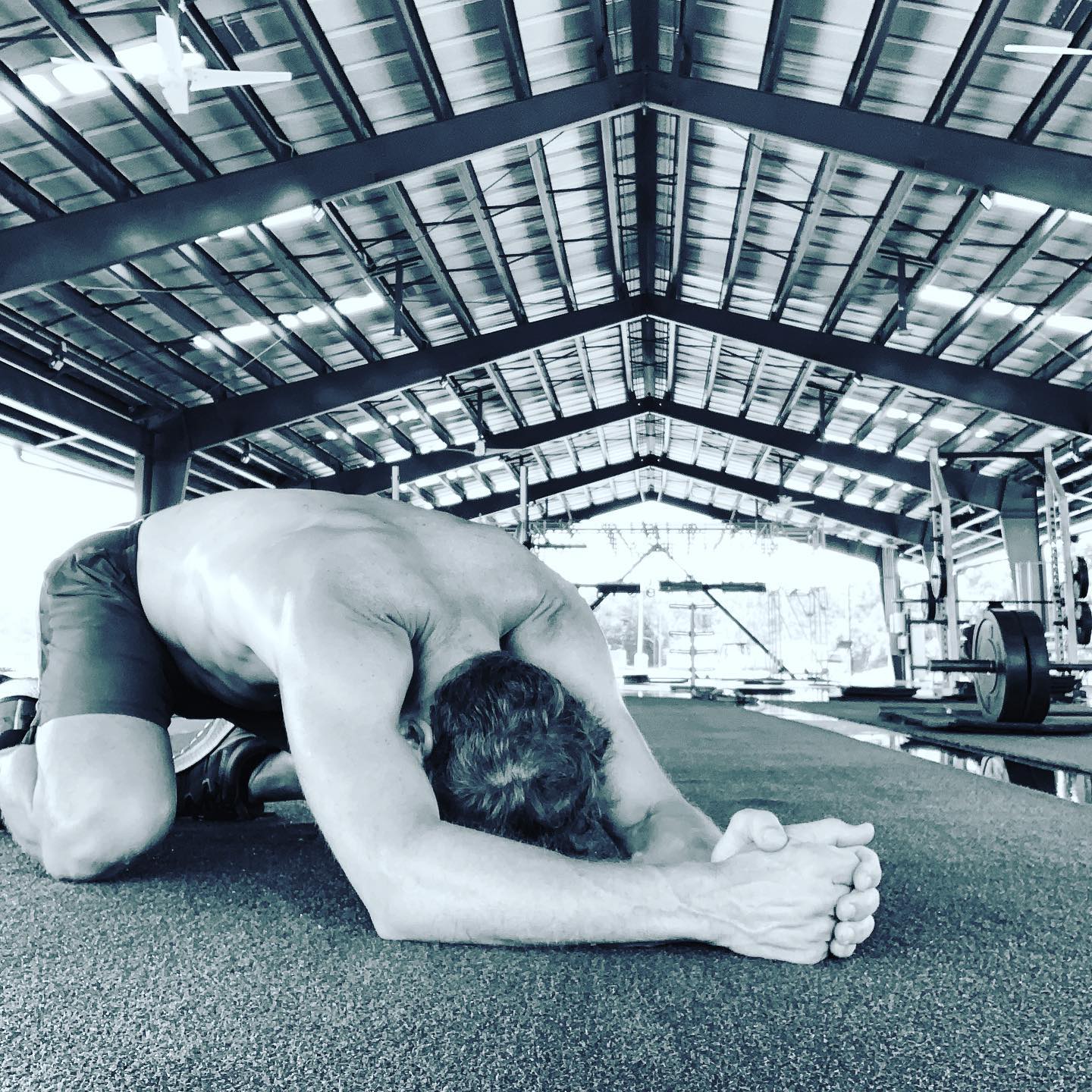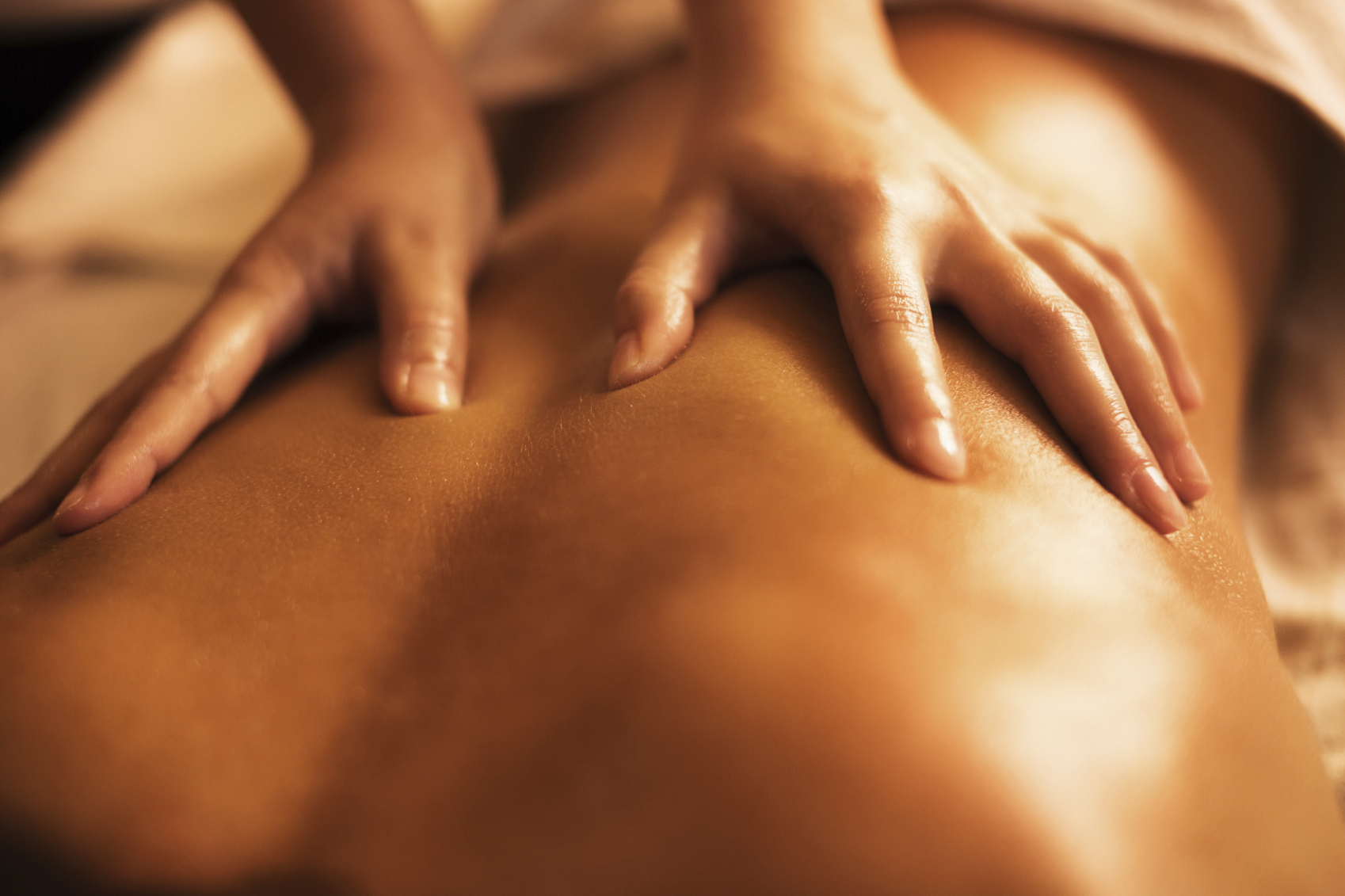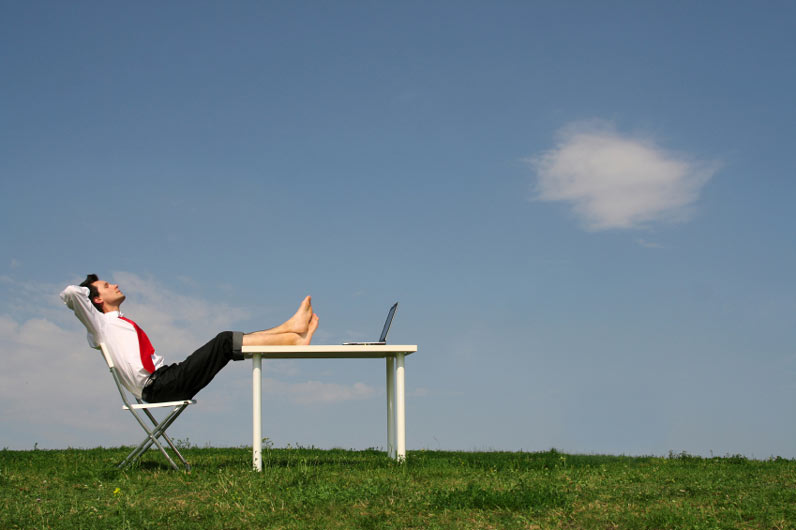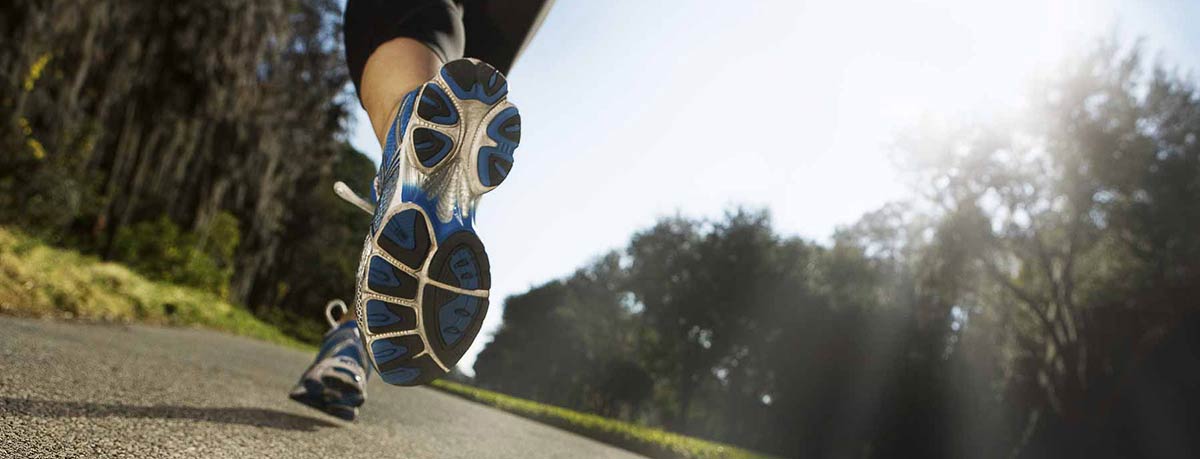Sleep & Athletic Performance – The Impact and How to Improve

Are you skimping on sleep, waking up tired and plodding through your workouts with the well-intended goal of hitting the hay earlier tonight? If so, welcome to the club! A recent blog I wrote, The Secret Recipe to Athletic Performance Enhancement, discusses why blindly following a training plan without first mastering physiological, dietary and lifestyle essentials is ill-advised.
While there are many recovery modalities available to athletes, sleep is the most important and impactful. And, unsurprisingly, it’s the one essential that is most commonly underestimated and compromised by busy people on-the-go. I get it, there’s nothing sexy about sleep; It doesn’t come in a shiny package marketed with endless promises of increased strength and energy, but it should. So, grab your pillow and get comfy while I explain why sleep should be at the forefront of your training plan.
Why is sleep so important?
With the exception of movie characters, we aren’t super human, and unfortunately cannot outsmart or medicate our basic physiological need for sleep without causing harm. So, what really happens to the body when we scale back sleep duration and quality? The answer – a multitude of negative effects. Sleep disturbances negatively impact hormones, the immune system, muscle protein synthesis and training adaptations. Simply put, without proper sleep, hence recovery, you’ll never reach your athletic potential.
As it relates to athletic performance, sleep plays a critical role in:
- Stress regulation
- Muscle repair and recovery
- Glucose metabolism
- Muscle glycogen stores
- Immune system
- Weight management
- Inflammation
- Reducing injury risk
- Reaction time
- Motor function
- Motivation
- Mood
- Focus and critical thinking
- Physiological adaptions to training
Optimizing your zzzz’s
Sleep quality, duration and phase are critical factors influencing the restorative effect of sleep. The National Sleep Foundation recommendations are as follows (before training):
- School age 6-13 years old: 9-11 hours/night
- Teens 14-17 years old: 8-10 hours/night
- Adults 18-64 years old: 7-9 hours/night
- Older Adults: 7-8 hours/night
Just because you can stay up past your bedtime, doesn’t mean you should. Here’s why, the body has an internal 24-hour clock known as the circadian rhythm that runs in the background of your brain and rotates between a sleep/wake cycle. It’s works best when you keep a regular sleep schedule. That means establishing a consistent bed time and wake time from day to day, even on the weekends.
During the first three hours of sleep, you experience two stages of light sleep followed by a deep sleep cycle referred to by sleep experts as restorative or slow-wave sleep. Adults spend approximately 25% of their night in deep sleep with the majority occurring in the first half of the night. This restorative sleep cycle is crucial to recovery, largely since this is when the brain produces growth hormone (GH). GH is responsible for facilitating muscle and bone healing, recovery from training, and boosts your immune system just to name a few. However, if you happen to get a second wind and go to bed later than normal, you’ve missed the invaluable growth hormone release for that night. Cumulatively this is detrimental to your performance, mind, and body.
Pre-Race Jitters vs. Chronic Insomnia:
But what about the restless night of tossing and turning before a race? Most athletes at some point will suffer from pre-race anticipation inhibiting the ability to sleep. On race morning you may feel a little tired, but the good news is oxygen demand and your ability to perform will not be significantly impacted. However, your perception of output may be higher than if you were well-rested. Even Olympians have pre-race anxiety. John Gregorek, an Olympic Steeplechaser, claims he didn’t get a wink of sleep before either of his Olympic trial qualifying races, both of which were personal records (PRs).
However, there is a big difference between being unable to sleep before a race and chronically depriving yourself of the benefits of sustained rest. According to Ying-Hui Fu, a professor at the University of California, who has studied the regulation of sleep for 20 years, concludes, “there are a few rare individuals who can function well on four to six hours of sleep, but for the vast majority, long-term sleep deprivation is a serious threat to well-being.” She goes on to say that sleep is critical for building our immune systems, and lack of sleep “is associated with higher levels of metabolic problems, including diabetes, cognitive function, energy-levels decline and the risk of depression and dementia increase.” Why do all of these bad things happen without adequate sleep? Well, Fu concludes that sleep enables the brain and body to flush the waste and impurities inside of us and we need time to replenish those resources.
For all of you insomniacs, consider printing the following quote and taping it on your wall: “Sleep is one of the most important things for our survival. I would say right after air and water . . . and before any food.” Ying-Hui Fu
Are dirty habits keeping you awake?
Habits are rituals we keep day to day without realizing their effect on our health, happiness, and productivity. Here are common nutritional factors, frequently adopted by busy, goal-driven athletes, that compromise our sleep.
→ Caffeine is a stimulant that increases the time it takes to fall asleep and reduces the duration and quality of sleep. Caffeine consumed within six hours before sleep can reduce sleep time by one hour, according sleep researcher, Tom Roth. Although caffeine does have athletic performance benefits, it can lead to poor sleep, which leads to increased caffeine consumption. Caffeine content is highest in coffee, espresso, tea and chocolate.
→ Alcohol is a sedative not a sleep aid. It wrecks the quality and duration of your sleep, disrupts the deep sleep cycle and GH production, increases sleep disturbance (difficulty staying asleep) and sleep deprivation, and worsens breathing problems. Despite this bad publicity, alcohol remains the number one “sleep aid” in the USA!
→ Eating dinner within two to three hours of bedtime interferes with sleep due to indigestion and gastroesophageal reflux. Foods high in fat slow gastric emptying and disrupt sleep. Take a cue from the traditional Thanksgiving meal that leaves you in a food coma. People blame the tryptophan (building block of melatonin) in the turkey but in reality, it’s the carbohydrate bomb you dropped in the gut that sends you off to dreamland. Eating mounds of sweet potato casserole, stuffing, cranberry sauce and pecan pie sends blood sugar skyrocketing and then a spike insulin promotes a feeling of sleepiness.
→ Screens/electronics in the bedroom or use of screens prior to bedtime is a massive sleep disrupter. The light emanating from these devices triggers to the brain to think it is daylight and disrupts our natural rhythm and hormonal response that supports our natural sleep cycles.
Devising a sleep plan
Even with the best intentions, left to our internal compass it’s easy stray from the intended sleep schedule. Think back to the value of your training plan. It serves as a guideline, almost a loose guarantee, that if you follow the plan, you’ll be confidently fit on race day. So, are you going to trust your inner psyche to hold you accountable to a sleep routine? I think not, since “a goal without a plan is just a wish.” Let’s outline some sleep rules to ensure we stay on track.
A sleep routine to live by inspired by Dr Chris Winter, dubbed the Sleep Whisperer, is an internationally recognized sleep-medicine specialist, a board-certified neurologist and author of The Sleep Solution.
- If possible, exercise in the morning, preferably in bright light.
- Consistent breakfast timing with adequate wake-promoting protein.
- Consistent lunch timing
- Finish dinner at least three hours before bedtime.
- Reduce your environmental lighting in the evening via dimmers or turn bright lights off.
- Turn off electronic devices 60 minutes before bedtime
- Allot a few minutes to write out tomorrow’s to-do list, then put it away.
- Take a warm shower or bath, and brush teeth.
- Practice meditation or light stretching and breathe deeply.
- Read a printed book until you feel sleepy.
- Limit caffeine by midafternoon and limit alcohol intake.
- Sleep until you naturally wake up as often as your schedule allows, while sticking to the same bedtime.
- Take short naps to supplement, not replace, your nighttime sleep. Twenty minutes is sufficient to improve alertness and performance without leaving you feeling groggy.
- Keep your room cool and pitch-black dark, to promote deep sleep.
- Lavender has been shown to promote sleep. Tip: Dr Winter’s favorite lavender spray, 2-ounce Aura Cacia Pillow Potion, TSA approved for travel.
Nutrition factors that are known to enhance sleep
TIP: no supplement should become a permanent sleep crutch.
Carbs!!! Eating carbohydrates 45min – 4 hours before bedtime decreases the total time it takes to fall asleep, increases deep REM sleep, decreases sleep disturbances and insomnia. Take a cue from the traditional Thanksgiving meal that leaves you in a food coma. People blame the tryptophan (building block of melatonin) in the turkey. But, in reality, it’s the carbohydrate bomb you dropped in the gut which increases tryptophan then produces melatonin, that sends you off to dreamland.
Melatonin, a hormone produced in darkness, helps regulate the sleep cycle and supports circadian rhythm. It’s most effective when traveling across time zones. Melatonin rich foods include almonds, tart cherries, and warm milk.
Magnesium promotes relaxation and sleep. Incorporate foods high in magnesium into your daily diet such as: almonds, pumpkin and sesame seeds, whole grains, spinach, black beans. Additionally, supplement with up to 400mg magnesium glycinate to help meet recommended levels.
Hot chamomile tea or passionflower tea sweetened with honey and a dash of valerian root.
Final thoughts
In certain crowds, living on minimal sleep can be viewed as a badge of honor. “Sleep when you are dead,” is a common remark suggesting those who prioritize sleep are weak or just plain lazy. Yet it’s the most powerful athletic performance enhancer at your disposal and the empowered and wise leverage it to their advantage. Be wise, prioritize your sleep, guard it with your life. Put the phone down, turn off Netflix, your emails will still be there in the morning, and tap into your potential with some good old-fashioned shut-eye.






